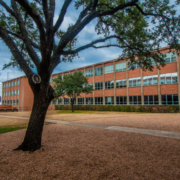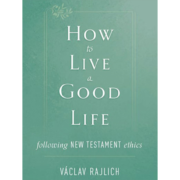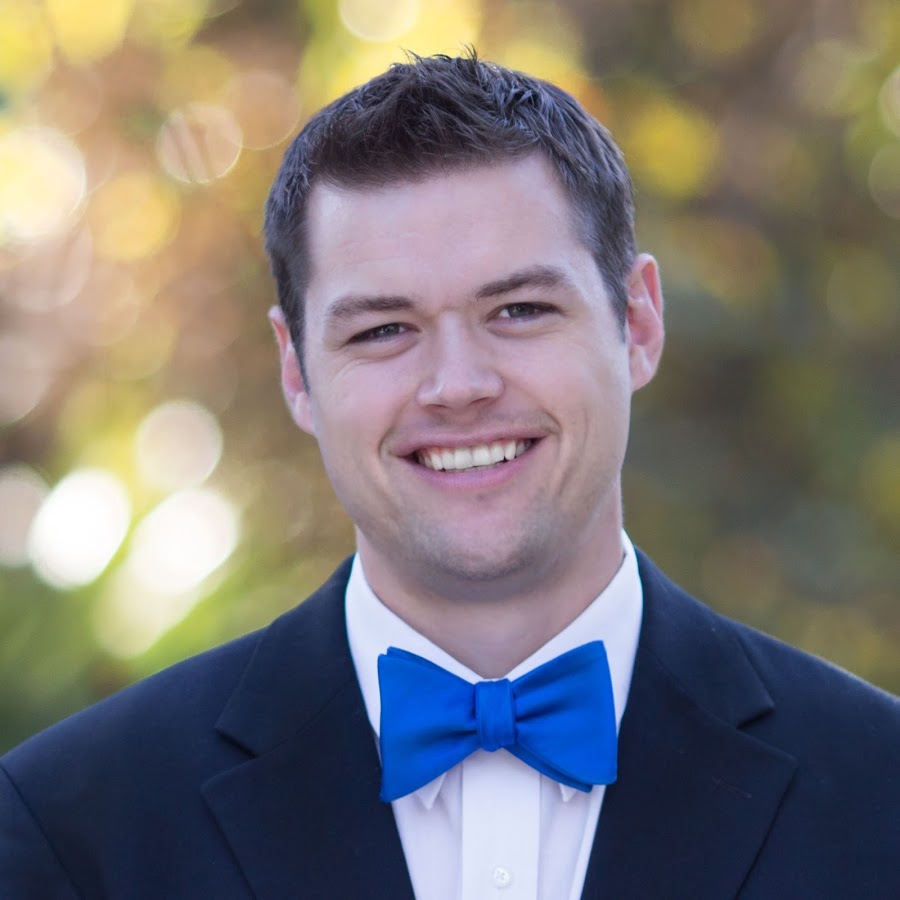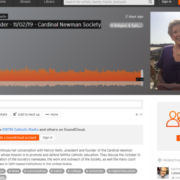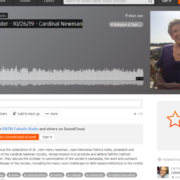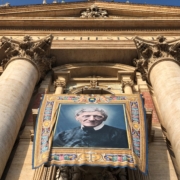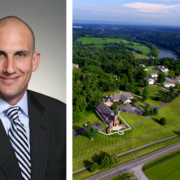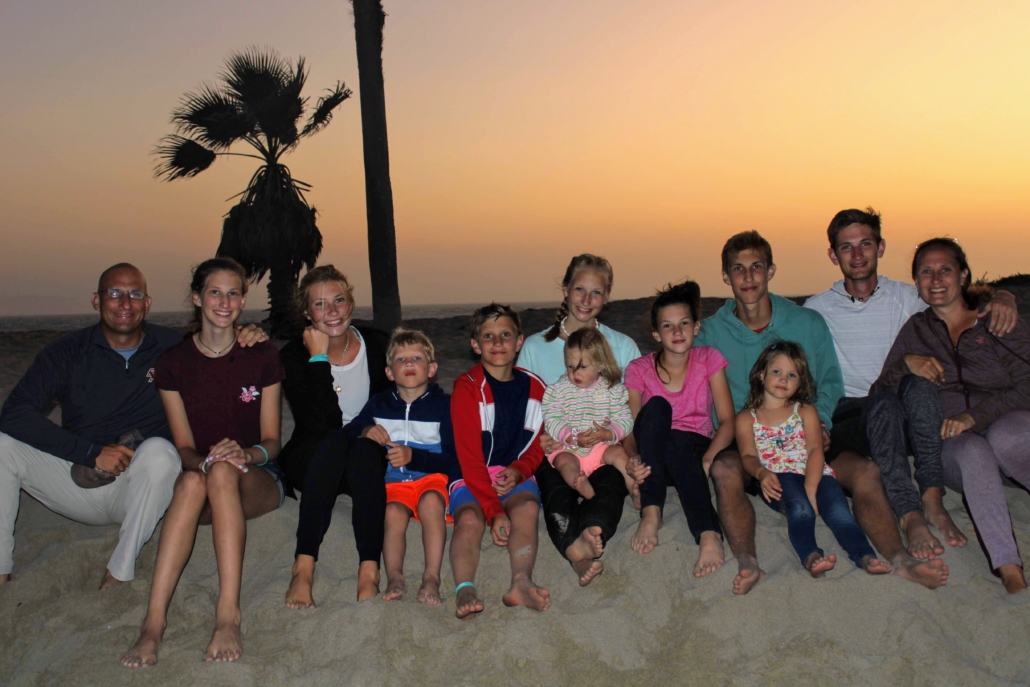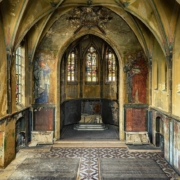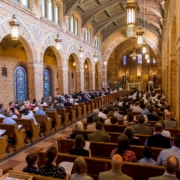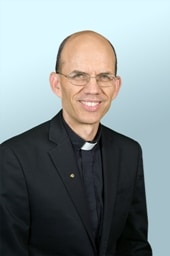Catholic School Principal: ‘I Hope Our Students Discover Jesus Christ’
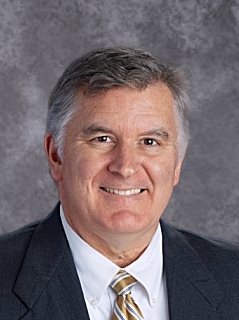
Dr. Michael Pennell is head of The Highlands School, a Catholic school in Irving, Tex., that is recognized by The Cardinal Newman Society’s Catholic Education Honor Roll for its strong Catholic identity. He has also served at another school on the Honor Roll: St. Joseph’s Catholic School in Greenville, S.C.
It was during Dr. Pennell’s undergraduate years at the Thomas More College of Liberal Arts in Merrimack, N.H., that the “doorway to classical and liberal learning” was swung wide open for him. He recalls that, in his freshman year, he wondered why “this treasure of learning and art” had been kept from him as a youth.
After graduating in 1987, he went on to earn his Master of Arts and Ph.D. from the University of Dallas in Irving, Tex., which is also recommended in The Newman Guide. Impacting everything from family life to career, Dr. Pennell believes that “nothing is left untouched by an authentic Catholic liberal education.”
Now students at The Highlands School benefit from Dr. Pennell’s leadership and especially the formation received at faithful Catholic colleges. Dr. Pennell urges that “faithful Catholic education is important, because arriving at the right destination is important,” and he strives to introduce his students to the “foundations of Christian wisdom.”
We are grateful for Dr. Pennell’s work for strong Catholic identity in education, and for his time in responding to our questions, as a part of our “Profiles in Faithful Catholic Education” series.
Newman Society: Can you share about your experience as an undergraduate at the Thomas More College of Liberal Arts?
Dr. Pennell: Having grown up in the 1970s attending Catholic schools – when classic literature and serious study of the liberal arts had mostly vanished, at least in my Catholic high school – I arrived at Thomas More College in the fall of 1983, suddenly reading with care and thought the encyclicals of Saint John Paul II, the documents surrounding the Protestant Reformation and the Church’s response to it, and among many other things the key works of comedy and tragedy of William Shakespeare under the tutelage of perhaps the greatest teacher of literature in any place and time: Dr. Louise Cowan.
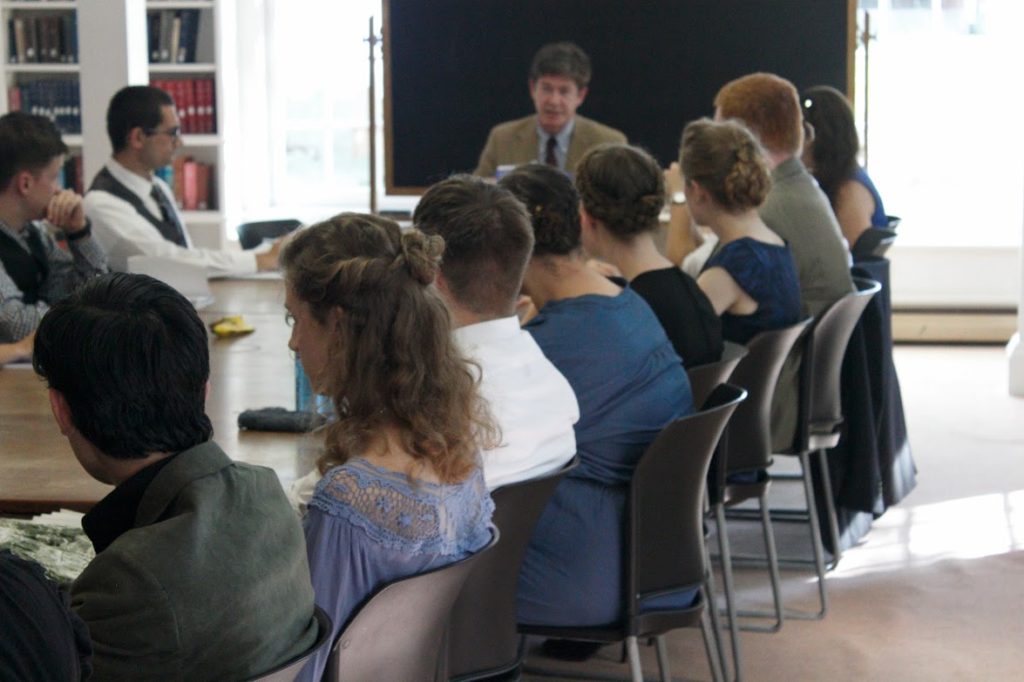
We had guest lectures from John Molloy (friend and colleague of the great Catholic historian Christopher Dawson), Alice Von Hildebrand (from whom we learned of her husband Dietrich’s great works of philosophy), and a personal concert from one of the great violinists of the 20th century, Yehudi Menuhin. And in weekly “kitchen chorale,” I sang tenor some of the most beautiful polyphonies of our Catholic tradition of sacred music. And that was just freshman year!
My first thought that year was why this treasury of learning and art had been kept from me as a youth? The great light of faith inspired achievement in architecture, music, theology, great literature – and these gifts of human endeavor, I thought, were gathering dust in Catholic seminaries or houses of study, as attention was turned in schooling to the so-called relevant things desired in a progressive world. I recall our philosophy teacher Dr. Mark Roberts (now professor of philosophy at [Franciscan University of] Steubenville) talking about his acquisitions of classic works for our school library for pennies a box.
A doorway to classical and liberal learning was swung wide open for me at Thomas More College, for which gratitude – to my parents and to Dr. Peter V. Sampo (founder and president of the college at the time) – is my deepest and most joyous response. Gratitude. Thanksgiving. Although I recollect finding Thomas More College almost by happenstance, with a hope that this might be an education worth dedicating oneself to – for one can hardly choose deliberately in ignorance – I would traverse the same path again all the same.
Newman Society: After earning your bachelor’s degree, you also completed your Master of Arts and Ph.D. from the University of Dallas. How has your own education influenced your work in Catholic education?
Dr. Pennell: A Catholic liberal education forms the mind and the heart in such a way that your actions and affections might be governed by (one hopes) the light of truth, both human and revealed, or perhaps natural and supernatural. When entering marriage, in living relationships with integrity and respect for the image of God in others, in raising children, or in doing one’s work with a supernatural outlook – nothing is left untouched by an authentic Catholic liberal education.
In my profession of Catholic school leadership, I see two sides to this influence. The first influence is on my understanding of academic learning. Epistemology, knowing something of Gnosticism and nominalism, reading Josef Pieper’s Abuse of Language, and I could go on: all these experiences with learning on the topic of language and its relation to what is real have affected how I think of young students’ acquisition of language, of meaning and of the habits of living in a Christian culture. By these I am better able to identify useful strategies for reading from early childhood to 12th grade. A Thomistic metaphysics helps guide my oversight of science learning, knowing that a rigorous study of the material world need not be reductionistic or lead to materialism or Marxism. These are examples, but I could offer many more.
Second, as a Catholic leader, I hope I see better how to govern an organization of human persons in such a way that human dignity, the truth about men and women and the centrality of family life for children, and our work as both a response to a call and a means of our own sanctification, among so many other things, makes possible for my employees a life that can be rich in service and one of personal happiness and self-satisfaction too. I have never hesitated from saying that the things chosen for themselves or for their own sakes (Catholic learning and the virtues) can also be chosen because they are more practical and useful than what we imagine to be practical and useful without the learning and virtue. I can think of these things, be inspired by great works that I still continue to read, and govern our school in the light of the Catholic faith and the truth that can be so easily obscured in the fog of modernity.
In my field too, one sees the craziest theories about the end of human learning and the means (or arts) to achieve it, and successful navigation of the precipices I owe to my Catholic liberal education.
Newman Society: What role did teachers and mentors play in your formation? What kind of teachers and mentors do you hope students will find at the Highlands School?
Dr. Pennell: I recall my first Franklin-Covey planner. The exercise in the front of the planner asked me to record the names of those who influenced me the most and whose actions or achievements I wanted to imitate and strive for. After writing just a few names, I was not surprised to see that I was writing the names of my teachers. I remember clearly when I first learned what teleology meant and the four causes. I recall Lear holding the dead Cordelia in his arms in Act V of King Lear after receiving Cordelia’s profound but simple statement of his youngest daughter’s love for her father moments earlier. I still see the disobedience of Eve in Paradise Lost. C.S. Lewis’s recollection of the joy of his brother Warren’s discovery of a sprout in a tin container of soil or his mother’s reading of Beatrix Potter’s Squirrel Nutkin: these are memories both recounted in Surprised by Joy.
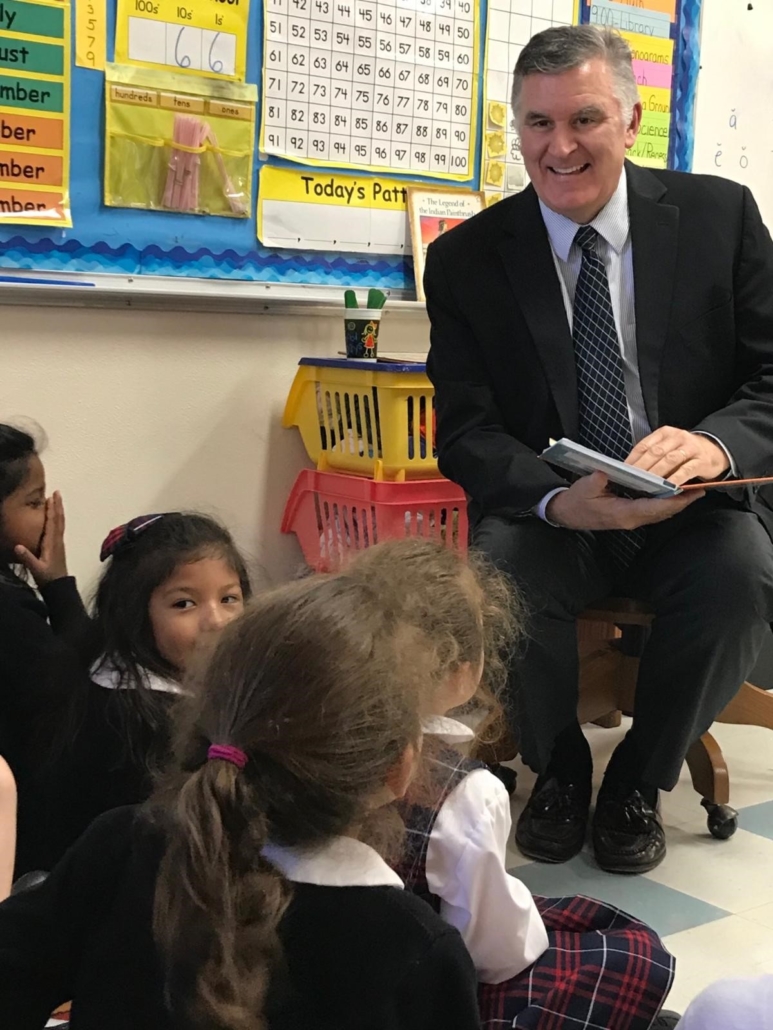
My teachers gave me a cosmos, or at least a vision of one. How does one not live a life that lives up to what has been transmitted? This is what I hope for students at my school. But since we are a PreK to 12th grade school, my hope is that we can introduce our students to these foundations of Christian wisdom even at their young ages. My own experience was one of waking up after a slumber of 1970s Catholic education.
Do our youth know or understand the depth of what they are receiving in a school that is intentional about the permanent things? Do the children’s parents? I’m not always sure, but I hope so.
Fundamentally, however, I hope our students discover Jesus Christ, the image of the Father, the source of goodness and grace, of eternal life and of eternal joy. All human learning and knowledge can support that path to Christ and reveal his face, as Benedict XVI says, the face of beauty I seek that is my Lord’s.
Newman Society: Why do you think that faithful Catholic education is important?
Dr. Pennell: When you have a destination and ask for directions, you want more than anything a true answer. To ask directions and then arrive at the wrong place should get one quite perturbed. Such is modernity: a labyrinth of wrong though seemingly attractive and choice-worthy answers to questions earnestly asked.
Faithful Catholic education points the way to ultimate and proximate goods and unveils for us the many possible pathways to it. We believe that one of those paths was meant for each of us: one meant for me alone. We pray that the wisdom of insight and choice be ours as we make our way. Faithful Catholic education is important because arriving at the right destination is important.
And bringing your loved ones along with you: that’s important too. Let’s go together!

